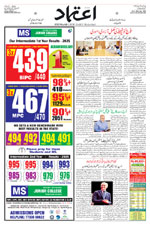Myanmar’s ‘ethnic cleansing’ of Rohingya continues : UN rights senior official
Tue 06 Mar 2018, 18:24:03
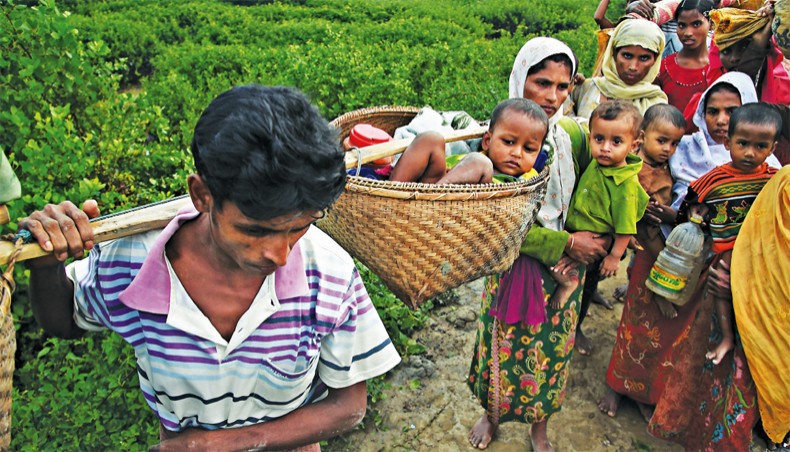
YANGON: Myanmar’s “ethnic cleansing” of Rohingya Muslims is continuing, a senior UN human rights official said on Tuesday, more than six months after insurgent attacks sparked a security response that has driven nearly 700,000 people into Bangladesh.
Andrew Gilmour, the UN assistant secretary-general for human rights, made the comment after a four-day visit to the Cox’s Bazar district in neighboring Bangladesh, where he met people who have fled from Myanmar recently.
“I don’t think we can draw any other conclusion from what I have seen and heard in Cox’s Bazar,” Gilmour said in a statement.
After Rohingya insurgents attacked 30 police posts and an army base on Aug. 25, Myanmar soldiers and police swept through villages in what the government says was a legitimate operation to root out “terrorists.”
Rohingya who sought shelter in Bangladesh have reported rape, killings and arson by security forces. The United Nations and United States have concluded the campaign
amounted to ethnic cleansing.
amounted to ethnic cleansing.
Gilmour spoke to refugees who recounted abductions by security forces and at least one apparent death of a Rohingya man in custody in February, the statement said.
“It appears that widespread and systematic violence against the Rohingya persists,” Gilmour said.
“The nature of the violence has changed from the frenzied blood-letting and mass rape of last year to a lower intensity campaign of terror and forced starvation that seems to be designed to drive the remaining Rohingya from their homes and into Bangladesh.”
Despite Myanmar saying it was ready to accept back refugees under a pact signed with Bangladesh in November, he added, “Safe, dignified and sustainable returns are, of course, impossible under current conditions.”
Myanmar government spokesman Zaw Htay said he had not seen the UN statement published on Tuesday, but that Myanmar was not committing ethnic cleansing.
“We don’t drive out the refugees,” he said.
No Comments For This Post, Be first to write a Comment.
Most viewed from International
Most viewed from World
AIMIM News
Latest Urdu News
Most Viewed
May 26, 2020
Which Cricket team will win the IPL 2025 trophy?
Latest Videos View All
Like Us
Home
About Us
Advertise With Us
All Polls
Epaper Archives
Privacy Policy
Contact Us
Download Etemaad App
© 2025 Etemaad Daily News, All Rights Reserved.

.jpg)
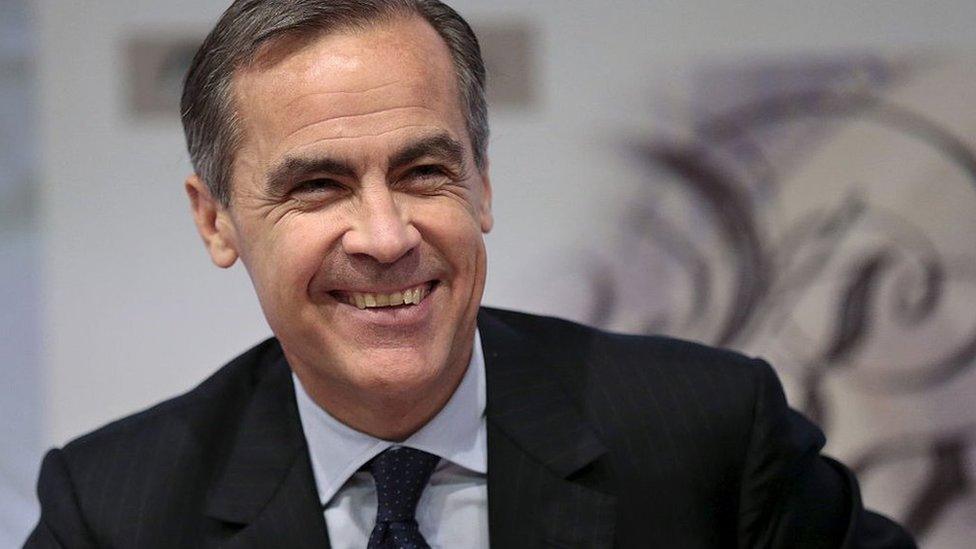
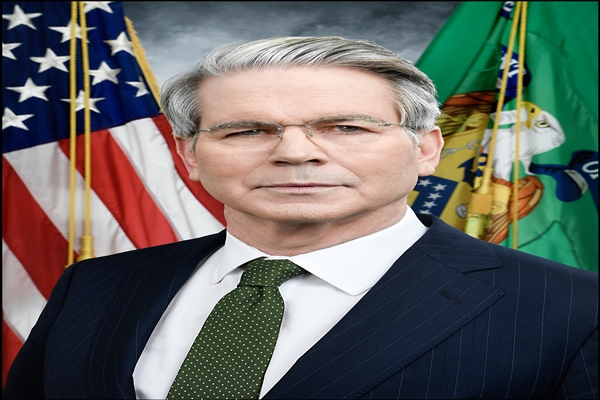
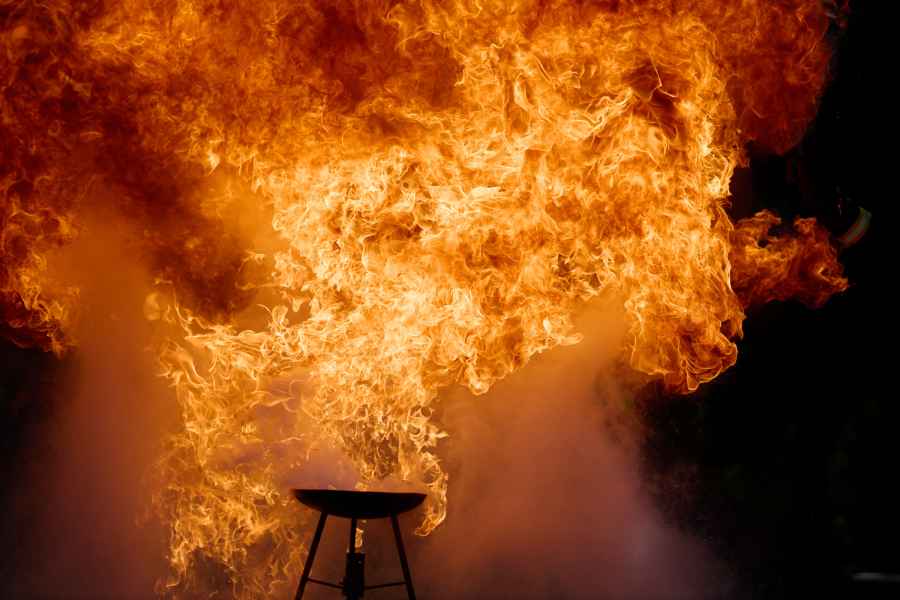
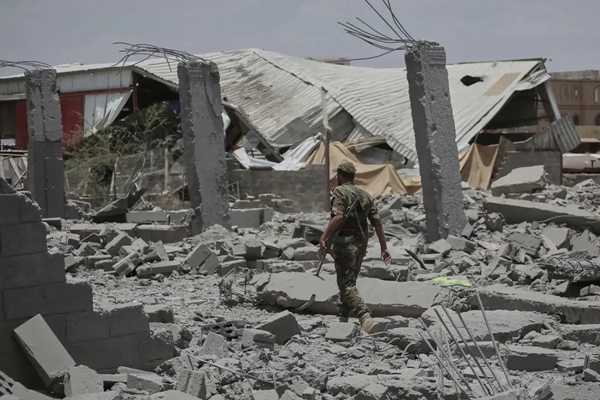
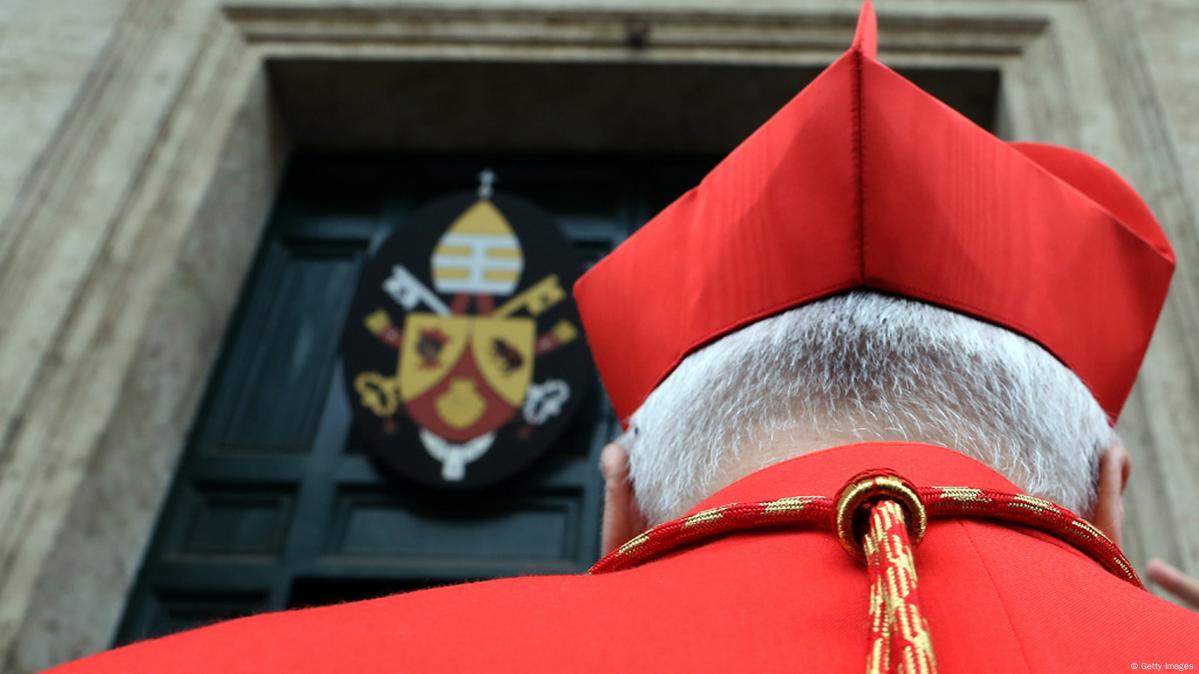
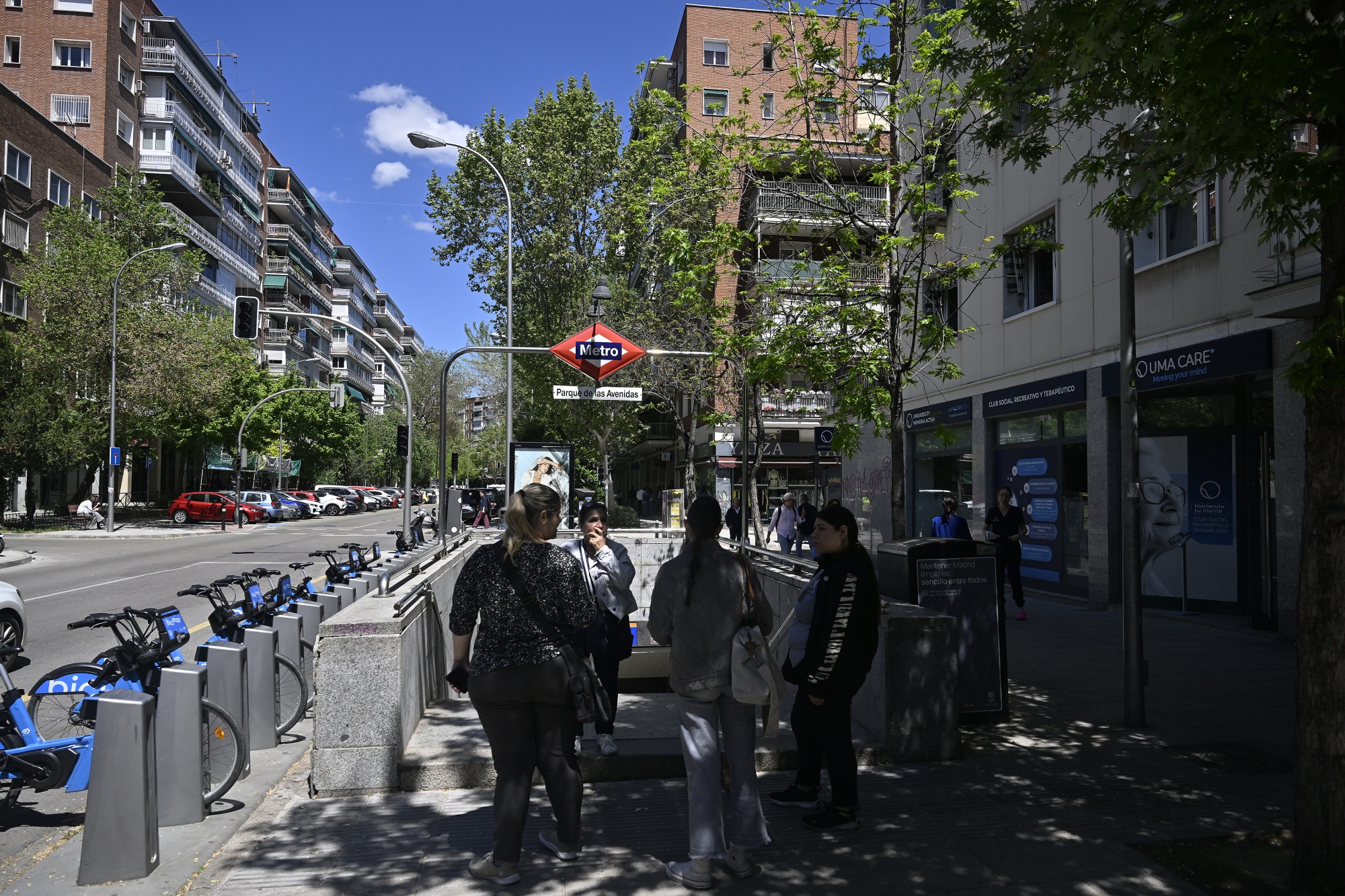
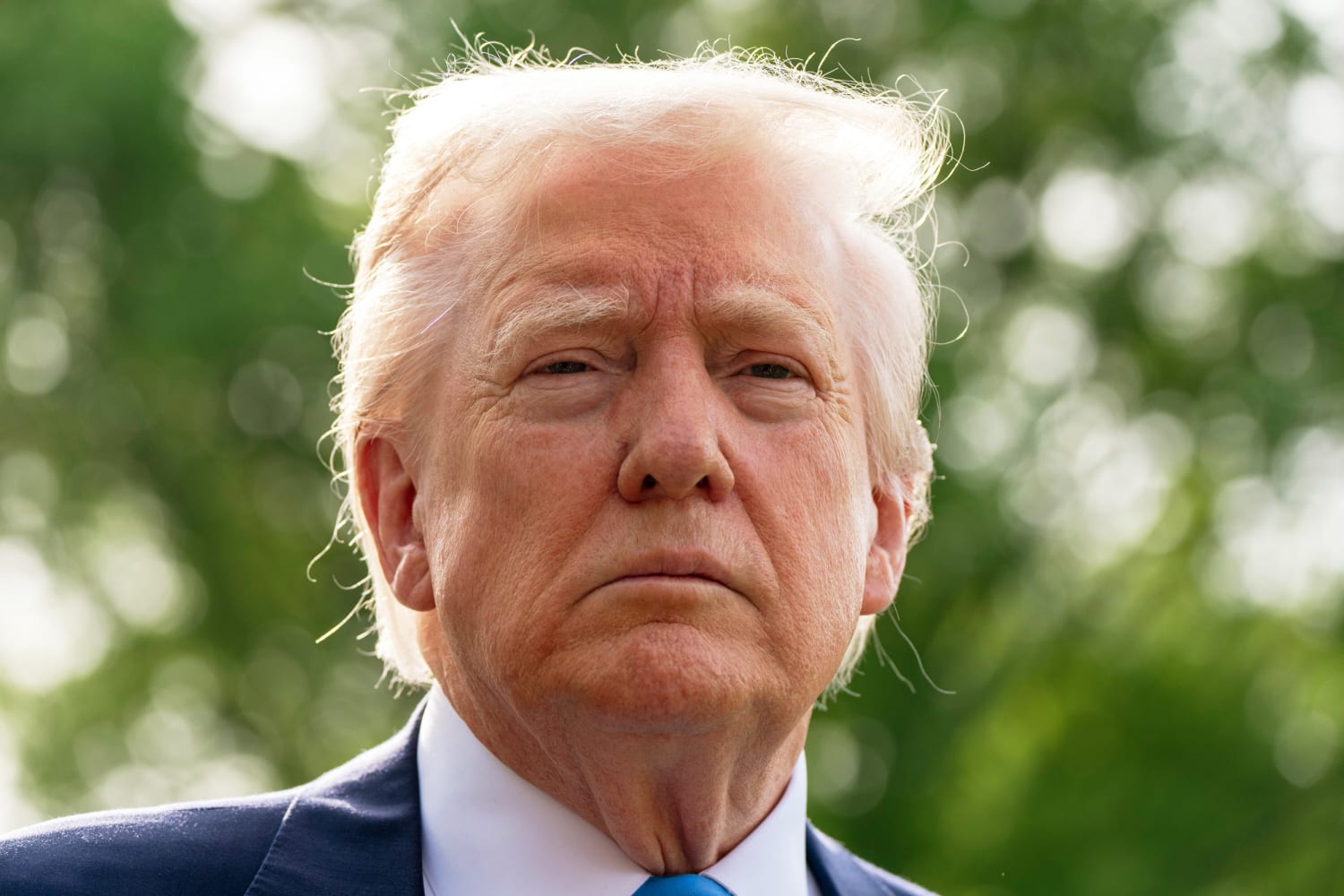

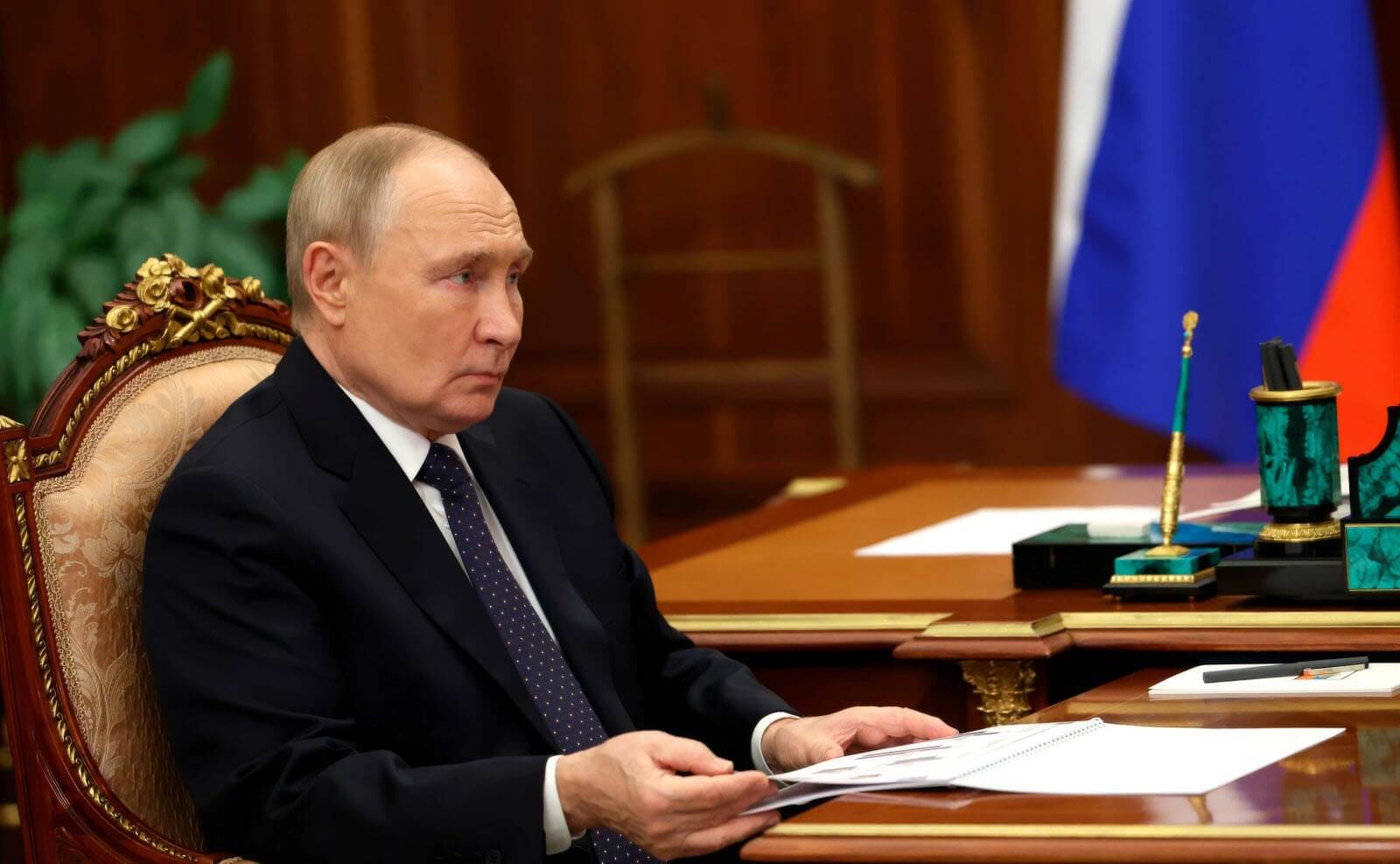

.jpg)
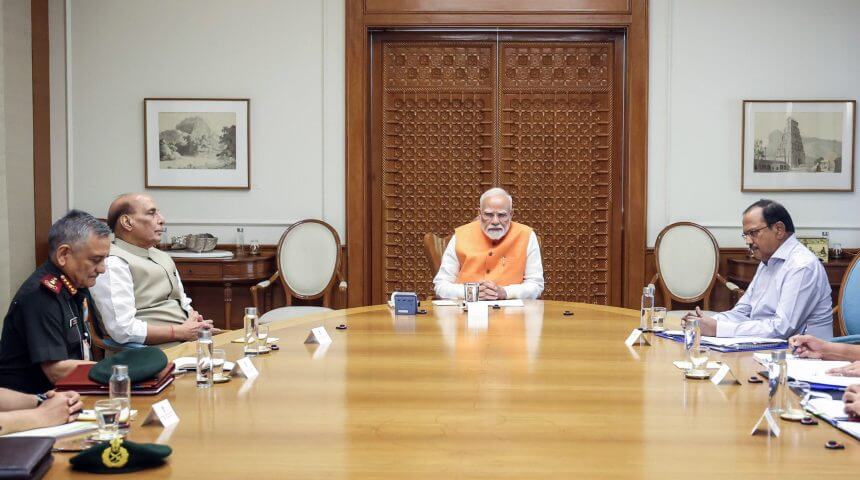
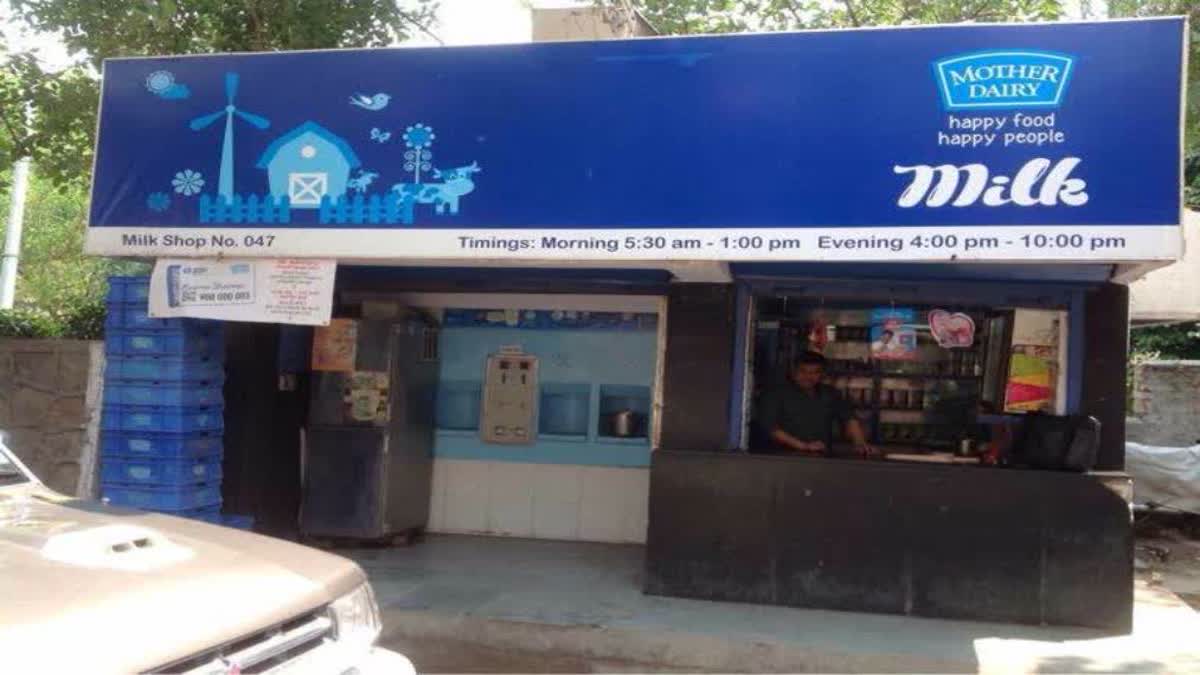
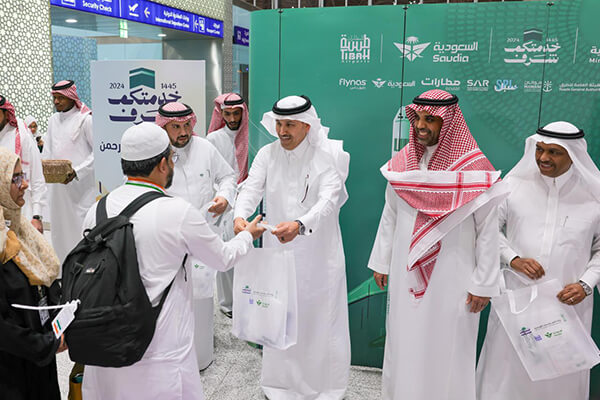
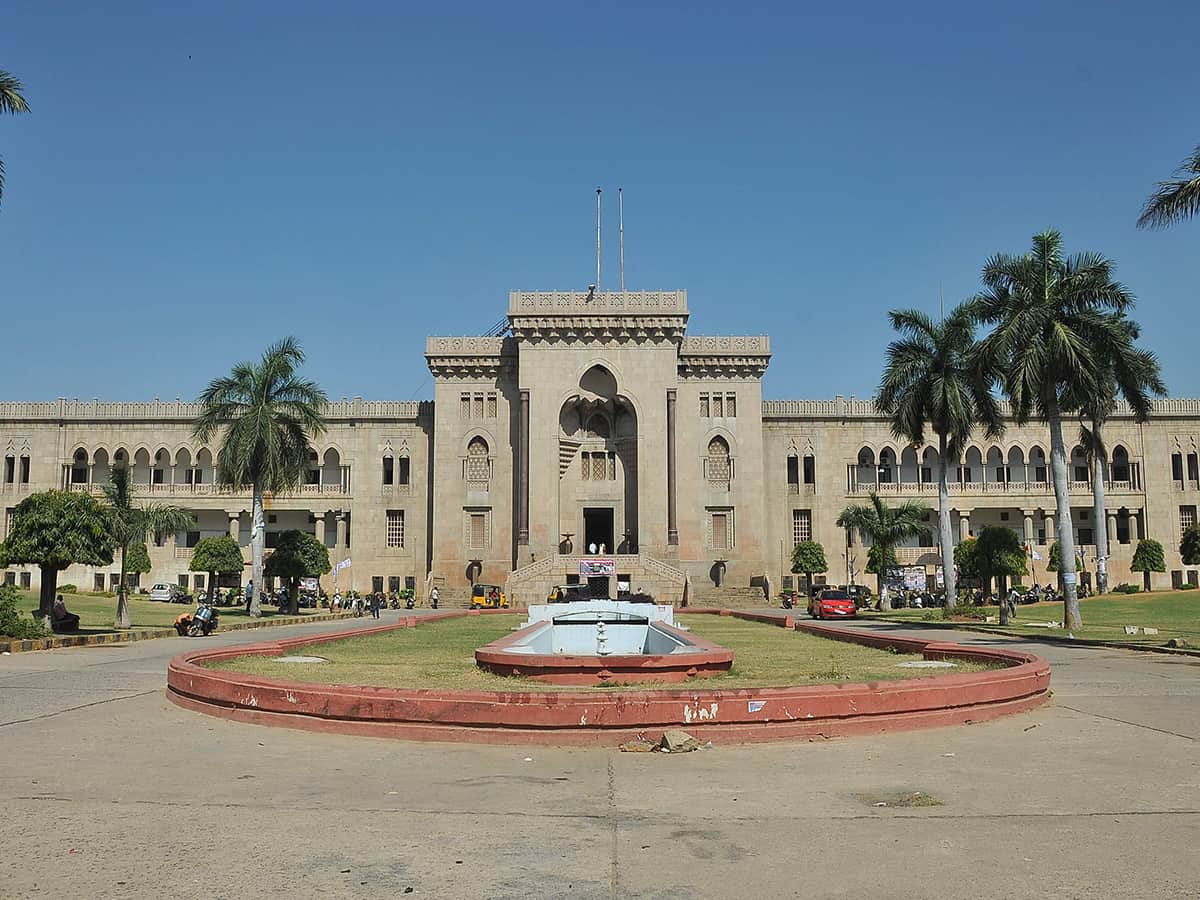
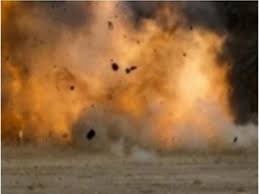
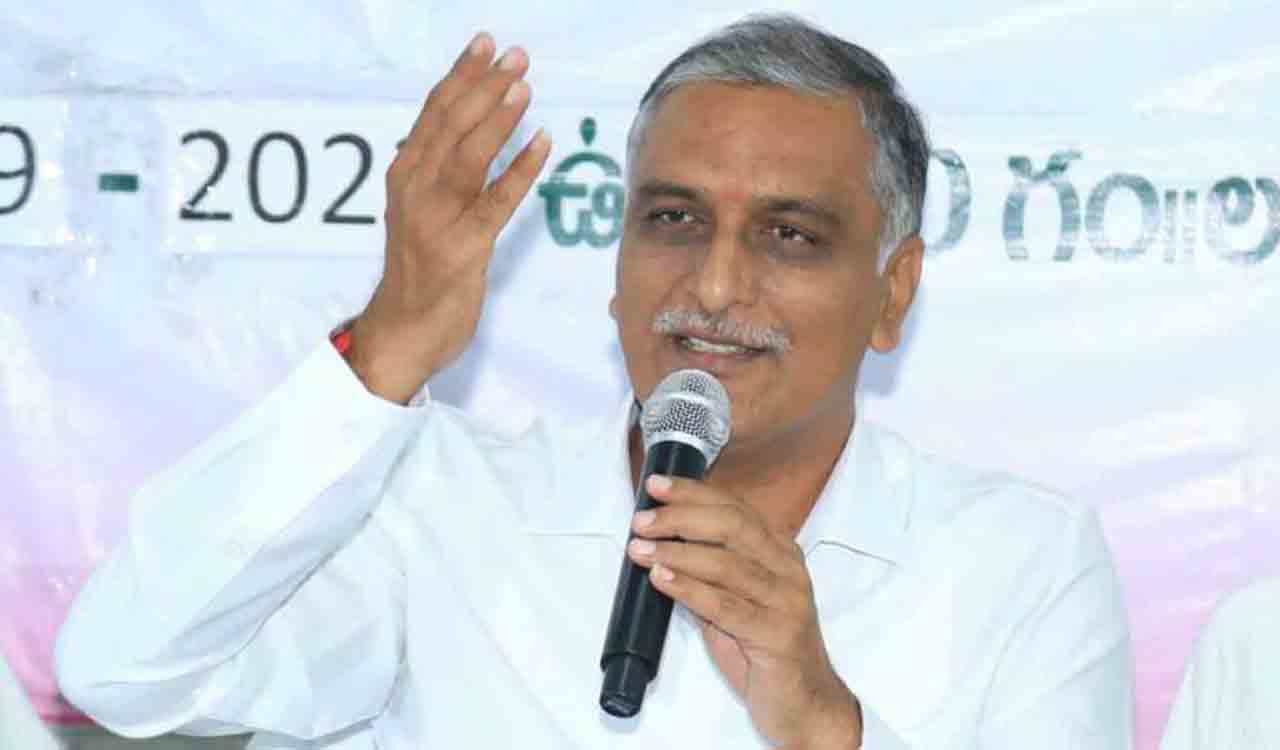
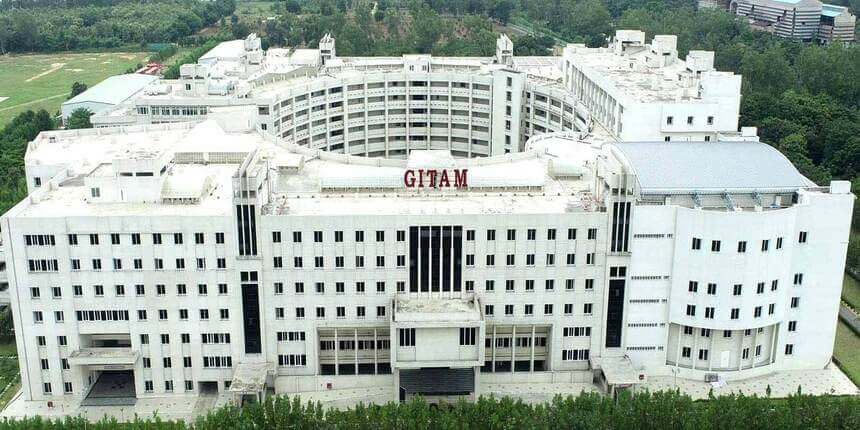
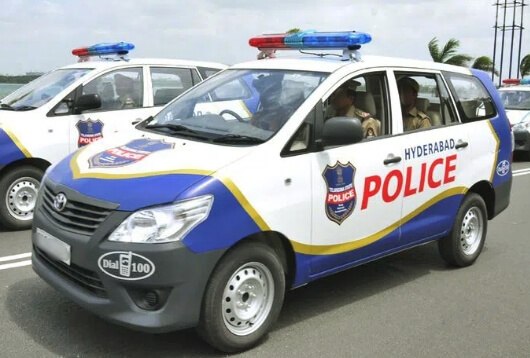
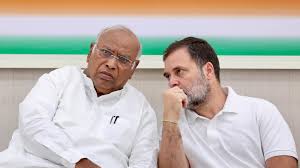
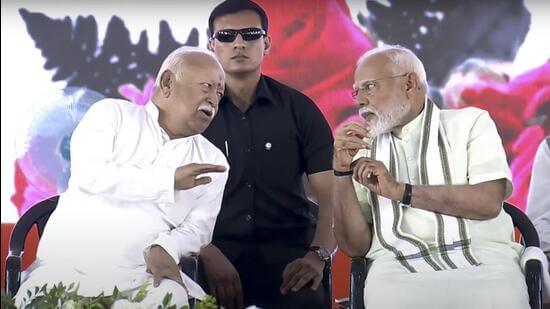
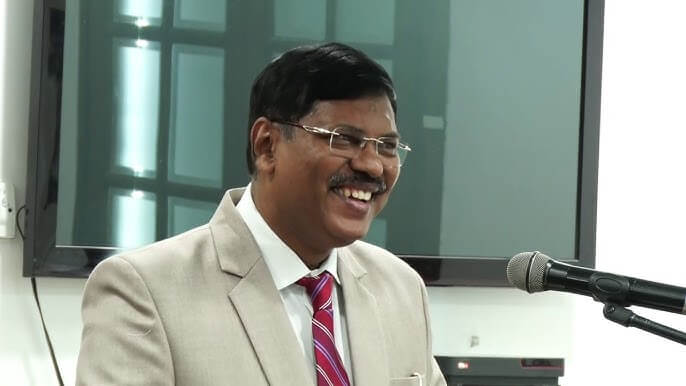
.jpg)

